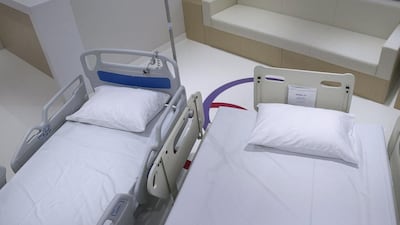I work in Abu Dhabi and my wife is also a resident of Abu Dhabi. She has been under my sponsorship until now and both her visa and medical insurance is provided by the company where I am working. She has now found a job and will be transferring to her own visa from her employer. Her company will give her a visa and also insurance. I want to know that during the process of cancellation of my sponsorship visa, whether the existing medical insurance also needs to be cancelled or if the insurance has nothing to do with the visa cancellation. In addition, can she keep the insurance provided by her company plus the existing insurance provided by my company? AS, Abu Dhabi
In this situation the main legal responsibility for the provision of HAAD (Health Authority Abu Dhabi) complaint medical insurance for AS’s wife shifts to the new employer as they are now her sponsor. Article 11 of Law (23) of 2005 states that “an employer shall be responsible to the sponsor for provided Basic Health Insurance cover for its employees and their dependents, even if not sponsored by him, and shall be responsible for ensuring that the employee or worker and their dependents are covered by valid health insurance policies at all times”. As the new employer is providing cover in accordance with the law, AS’s employer is no longer liable. I would therefore expect them to remove her from their group medical insurance plan once she has new cover in place. This will also save them money as it is a significant cost to any business. In theory it is possible to have two policies in place provided a claim is only ever made from one policy but in practice this is rare because of the cost of medical insurance cover.
Keren Bobker is an independent financial adviser with Holborn Assets in Dubai, with over 20 years’ experience. Contact her at keren@holbornassets.com. Follow her on Twitter at @FinancialUAE
The advice provided in our columns does not constitute legal advice and is provided for information only

